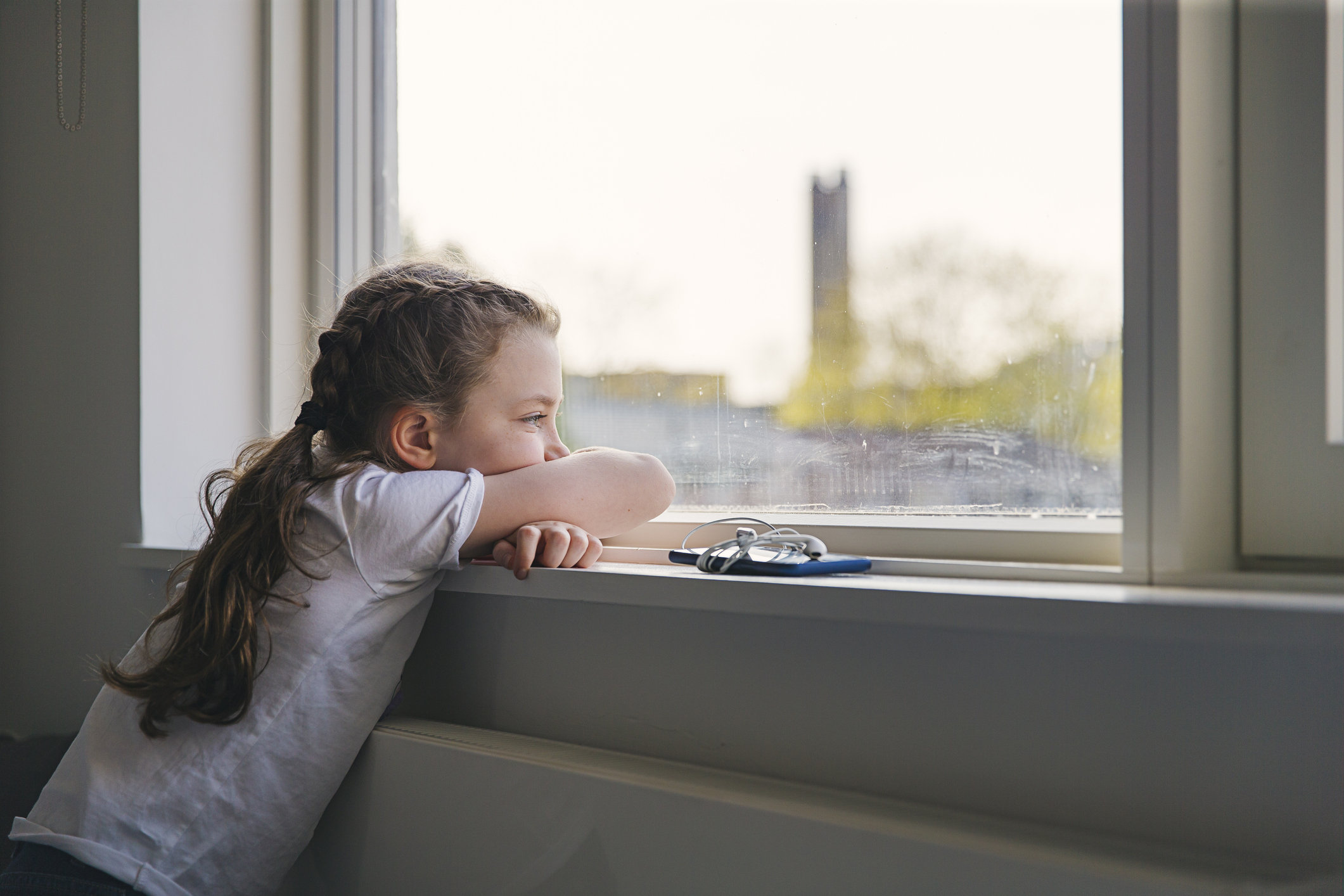Teens and Girls At More Risk During the Pandemic

A big data analysis by the University of Calgary shows that compared with before the epidemic, the anxiety and depression symptoms of children and adolescents have doubled.
This analysis comes from studies from around the world and followed 80,879 children.
The University recently published the latest report in the medical journal “American Medical Association Pediatrics” and said that this further proves that this is a global mental health crisis.
Dr. Nicole Racine, a clinical psychologist and lead author of the paper, said: “Evaluation shows that one-quarter of young people around the world have an increase in clinical symptoms of depression, and one-fifth of young people have an increase in clinical symptoms of anxiety.”
Studies have found that older teenagers and girls are most at risk to anxiety and depression.
Dr. Sheri Madigan, a clinical psychologist at the University of Canada and the chairperson of the Canadian Child Development Determinants Research Institute, said that when COVID-19 restrictions change the place where people live, the rate will fluctuate.
- Disposable Medical Face Masks with Elastic Ear Loop 3 Ply Breathable and Comfortable
- Disposal Protective Clothing for Medical Use
- N95/KN95 Protective Mask with Elastic Ear Loop
- Surgical Mask with Elastic Ear Loop 3 Ply Breathable and Comfortable
- ZeroVirus Space Portable Sterilization Bar
“When more restrictions are imposed, the symptom rate will increase. Being socially isolated, away from friends, away from school life, away from social interaction, it turns out that it is really difficult for children.”
“When COVID-19 started, most people thought it would be difficult to start, but over time, children will be better because they adapt and go back to school. But when the epidemic continues, teenagers missed their lives Many milestones. This situation has lasted for more than a year. For young people, this is a very important period of their lives.”
Both Racine and Madigan said that as the epidemic spreads, children’s symptoms are getting worse. A major factor is that children cannot predict what will happen next.
Madigan explained: “This is out of touch for children because they cannot predict what their environment will look like. We know that when the world lacks predictability and controllability, the spirit will be affected.”
Neither doctor can say if or when the children will recover their mental health.
However, the research team recommends that more support should be provided for children struggling with mental health.
Racine said: “Long before the pandemic, our youth mental health system was overwhelmed and lacking resources. If resources were not increased significantly, mental health problems could double and the system would be overwhelmed.”
“If we want to mitigate the continuing impact of COVID-19 on mental health, we must now prioritize recovery plans. Not until the pandemic is over, but immediately. Because the children are now in crisis.
